The 5 most secure phones for business
Finding the most secure phone for your business helps keep your data and privacy protected
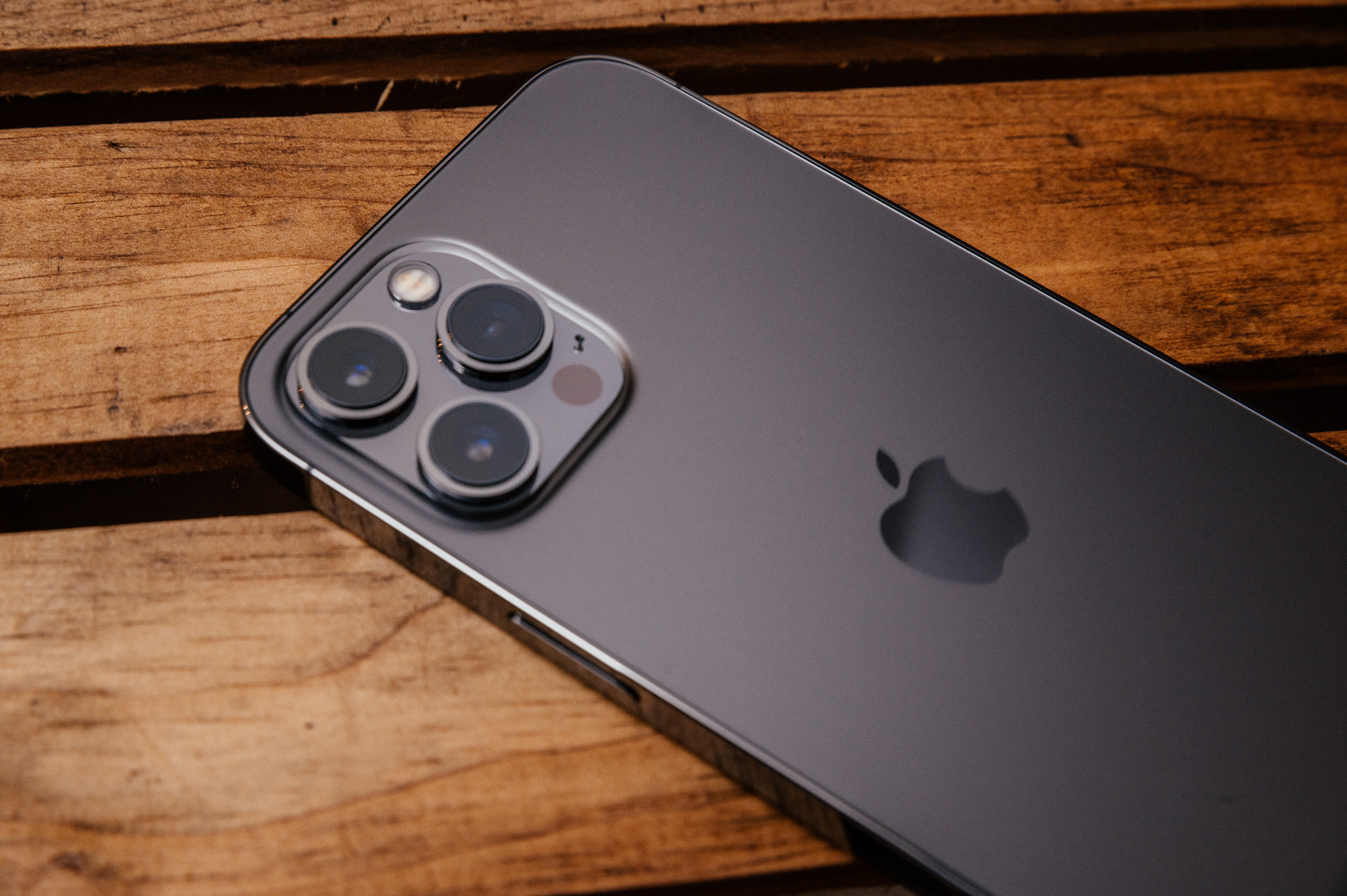

Finding the most secure phone can be beneficial for any individual, but it’s especially useful for businesses looking to equip their employees with the safest devices they can.
Because phones are inherently connected devices, it can be all too easy to expose data. Personally identifiable information such as financial details, or sensitive work documents can be stolen unless you take precautions in your device choices.
We created this list after thoroughly researching all the best options for secure phones. Based on characteristics such as price and effectiveness of security features, we have included our top picks below.
The best secure smartphones
1. Purism Librem 5
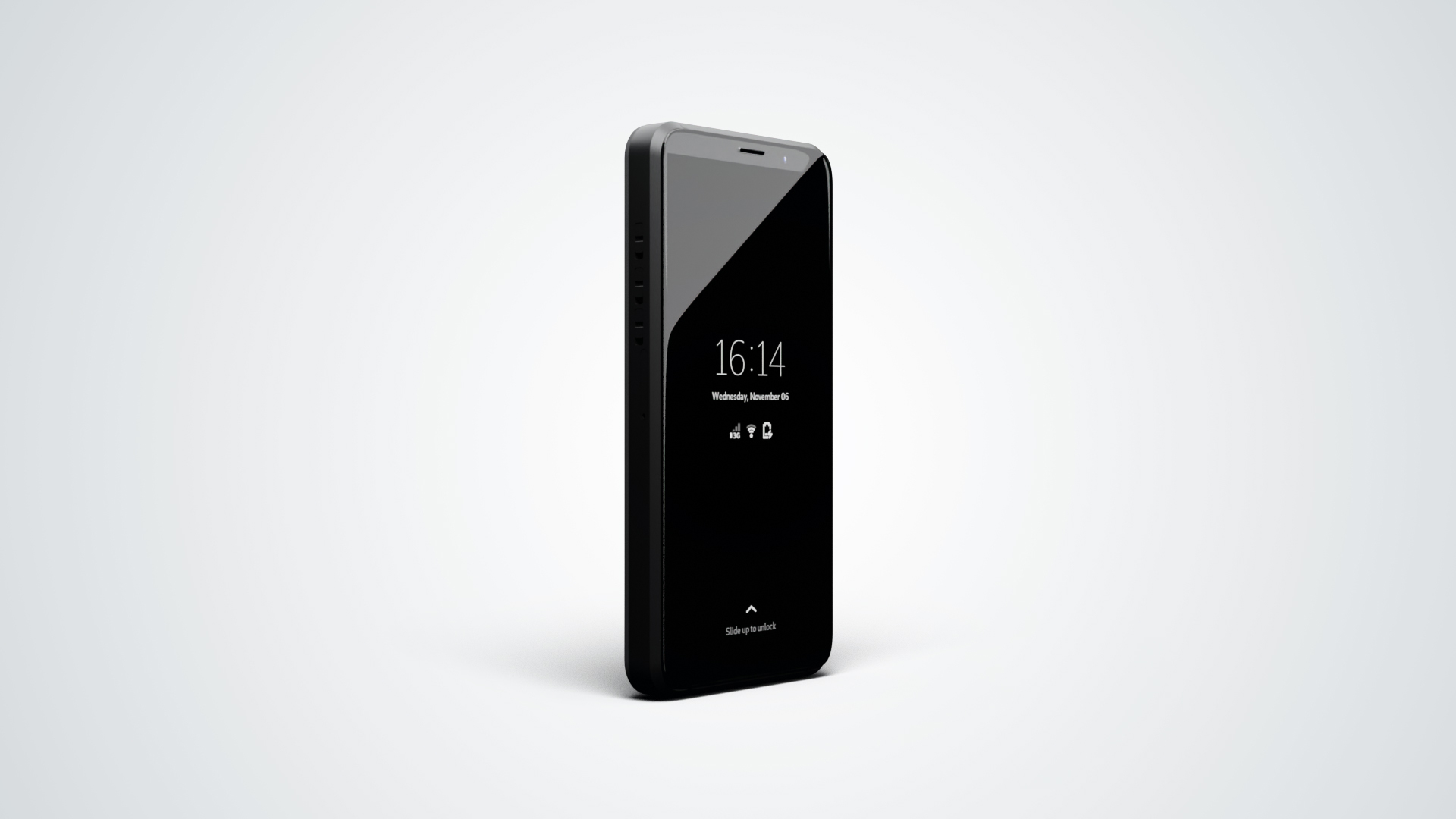
Pros | Cons |
|---|---|
Open source OS | Not the most energy efficient |
Unique level of repairability | $999 is expensive for an obscure brand |
Released in 2020, the Purism Librem is getting on a bit, but it’s still a solid option in the secure phone market. It’s also a secure smartphone that was clearly designed without the distraction of other features. It’s built atop an open source operating system (OS) which itself is founded on PureOS and Linux. This removes it from the burden of Android’s update cycles and bugs. Users can also fully audit the source code for PureOS in the interest of security. The phone can be equipped with other operating systems if you don't have PureOS, provided you have a bit of technical knowledge.
Going also by the “free desktop” community, the PureOS team has put product quality over speedy profits. According to the developers, they were patient in the process and made sure that everything operated smoothly before anything reached the market. Of the product’s range of security features, the Librem 5’s built-in ‘kill switches’ are probably the most useful. They are designed to disable the microphone, Bluetooth, camera, Wi-Fi, and any network connections (GPS included) straight away.
With six individual chips designed to enhance manufacturing freedom, the Librem 5 stands apart from the other phones on this list which maintain combined SoC solutions. This is part of the manufacturer's mission to avoid pre-planned obsolescence of devices.
2. Apple iPhone 15 Pro Max
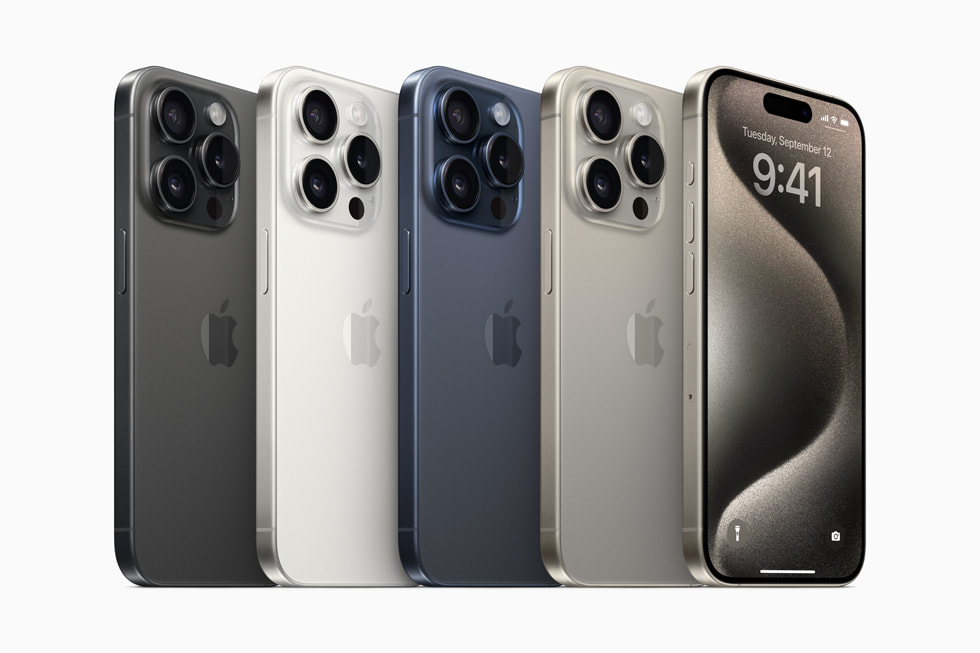
Pros | Cons |
|---|---|
Fantastic all-rounder | Relatively expensive at $1,199 |
Lockdown Mode fights the toughest threats | Closed iOS ecosystem |
Debatably Apple’s most security-intensive iPhone, the iPhone 15 Pro Max is an amalgam of all the most effective design traits of recent models joined together to create an incredibly well-secured device.
In the way of built-in security, Apple has taken some huge steps forward over the past few years. iOS 16, for example, is designed with a Lockdown Mode to enable “extreme protection,” at least in the words of the firm itself. Through a system like this Apple looks to take on the likes of Pegasus spyware. It is optional as a feature, though when it is functional it barricades against the majority of attached file types as well as blocking insecure internet connections.
What's more, the Lockdown Mode comes with a host of robust security features that work to keep all the user's data safe. For example, Face ID technology lets users unlock their phones with facial recognition. This is thanks to the A17 Pro chip that maps out the user's face but keeps that specific data encrypted on the device – it's also secured in an 'enclave' subsystem.
While it is one of the most popular brands around, the latest iPhone is also a security-heavy device that should also appeal to business users who handle sensitive data.
3. Google Pixel 8 Pro
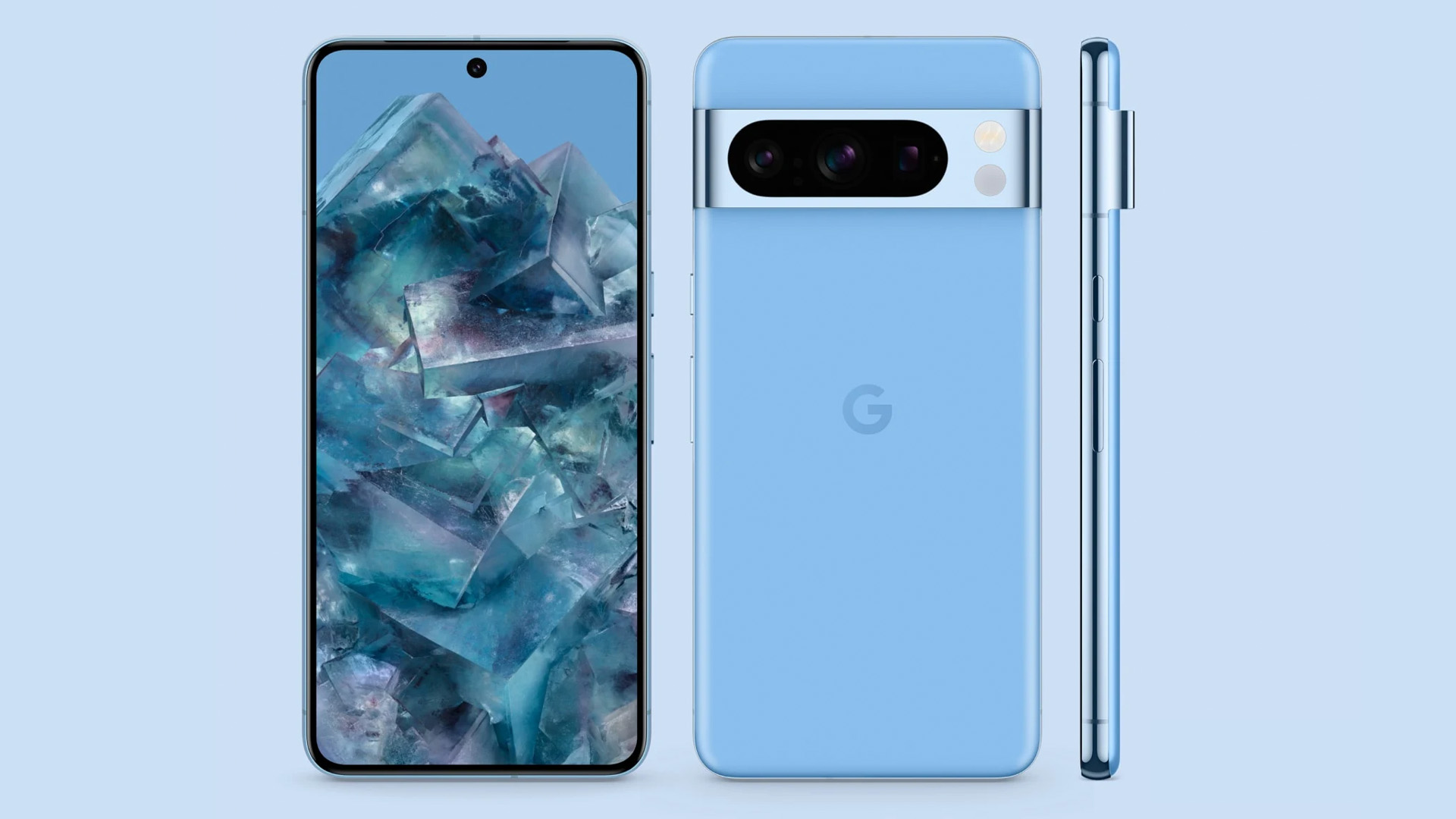
Pros | Cons |
|---|---|
Seven years of support | Quite poor battery life |
Built-in VPN | No Lockdown Mode equivalent |
Android users have s breadth of choice when it comes to smartphones, but they might be best served, from a security perspective, by opting for the device made by the parent company of Android, Google. The Pixel 8 Pro is arguably the best of the tech giant's handsets, and also one of the first to get the latest updates (and security patches).
Inside the Pixel 8 Pro is Google's latest in-house processor, the Tensor G3, which is an ARM-based chip that uses TrustZone technology. TrustZone has been designed to store sensitive data in a more heavily secured part of the phone. What's more, the Pixel 8 Pro has a dedicated security chip in the Titan M2. This is where encrypted data, such as fingerprints, or facial scans are kept. That information is also stored in its own dedicated area.
VPN for Google One is another function specific to Google. This is the firm’s homegrown virtual private network and it helps to protect personal information on public internet connections. This is particularly handy in the era of remote work.
4. Bittium Tough Mobile 2C
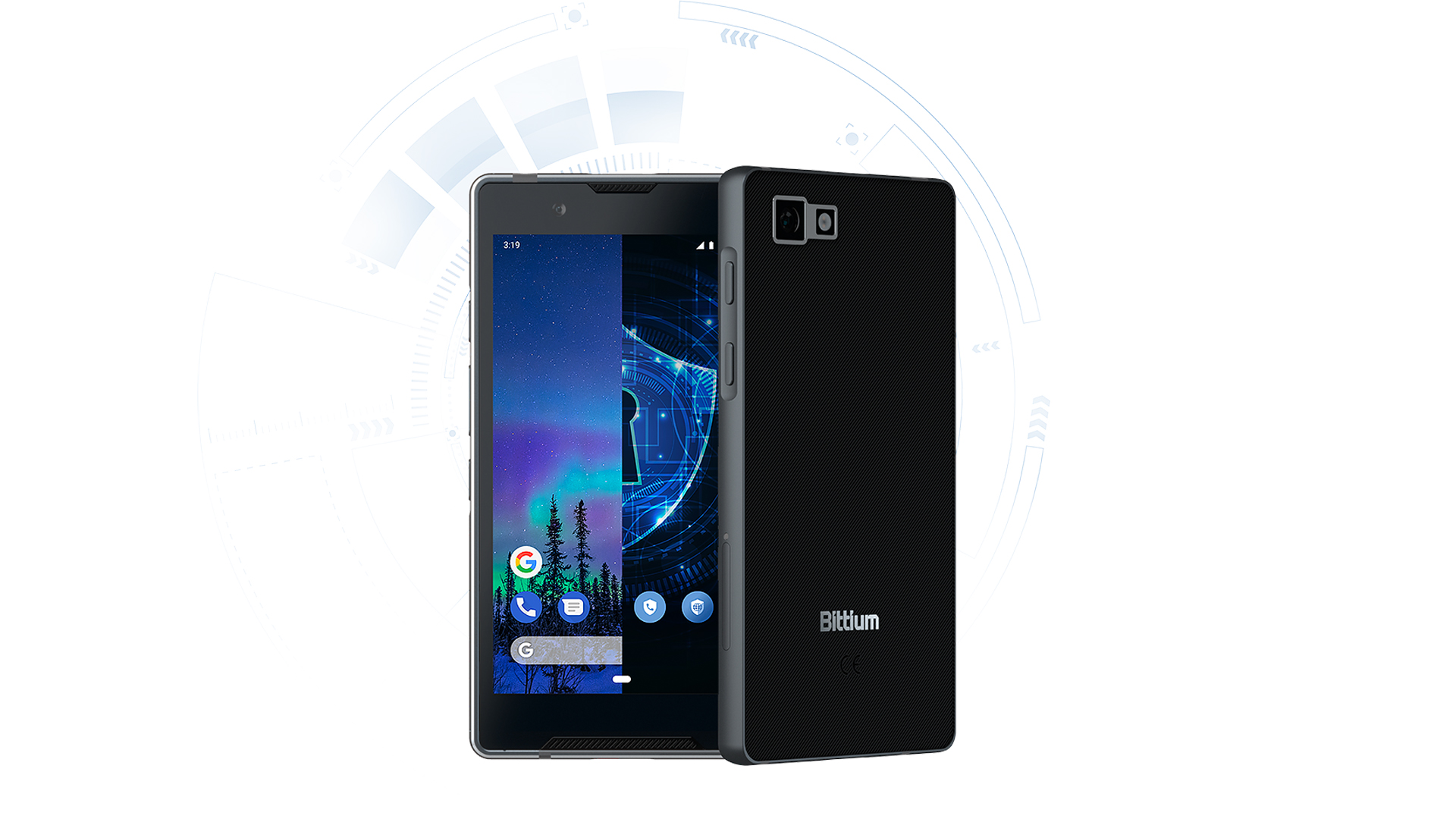
Pros | Cons |
|---|---|
Physically rugged | Hard to purchase |
Always-on VPN | No biometric login |
The Bittium Tough Mobile 2C is a rugged and secure smartphone that boasts two operating systems for complete data separation. One OS is a hardened version of Android 9, and the other is the company’s Secure OS. Users can switch between the two with the device’s dual boot functionality.
It also comes with a free YubiKey 5 NFC security key to support two-factor authentication. There is also an always-on VPN and the company’s mobile device management software.
The rugged phone has an IP67 rating and MIL-STD-810G, meaning it is waterproof to a degree and resists breakage.
5. Silent Circle Blackphone 2
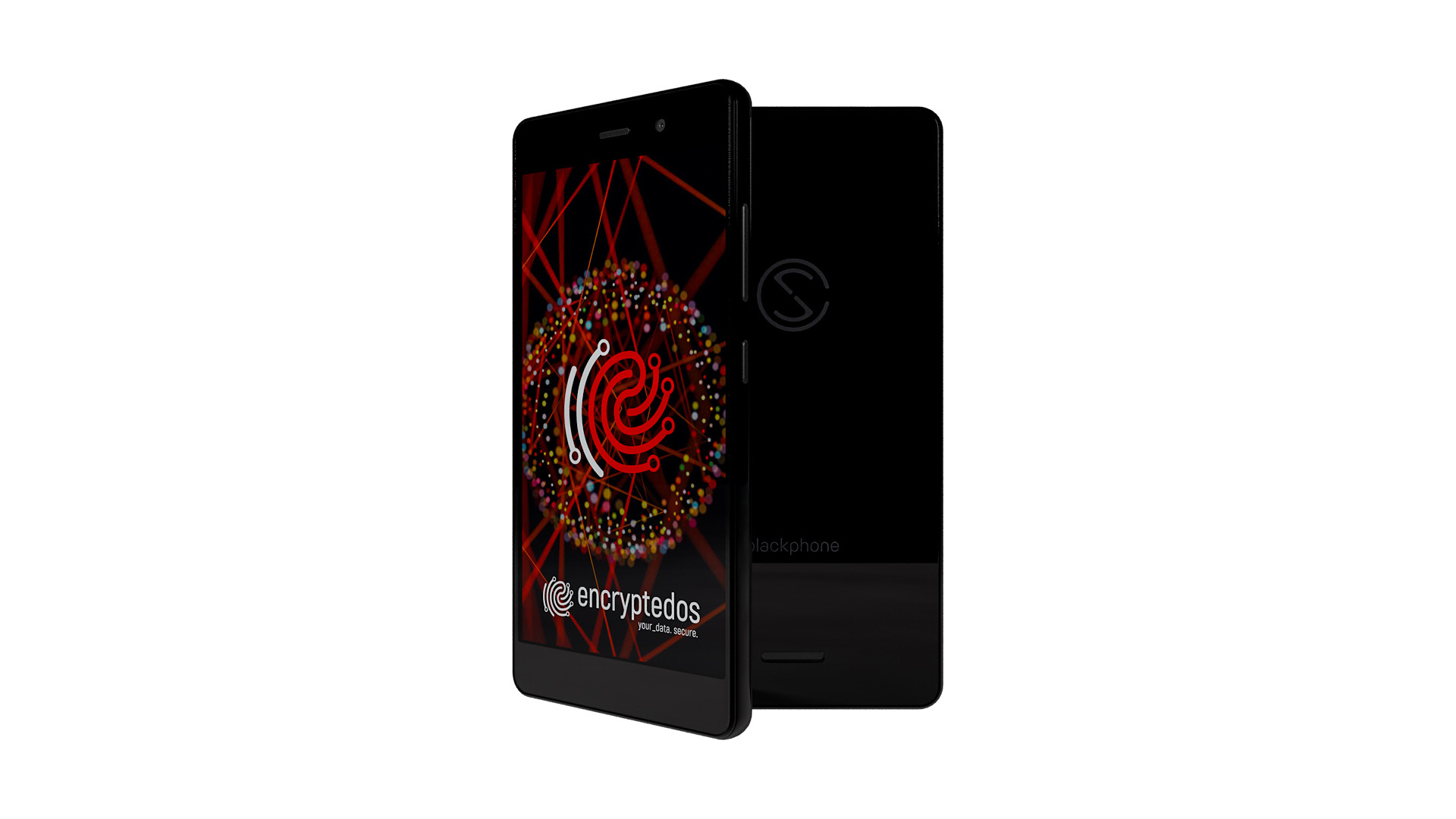
Pros | Cons |
|---|---|
Unparalleled encryption | No longer supported by manufacturer |
Strong privacy controls | Difficult to purchase |
For those who are seeking ultimate encryption for their phone, the Blackphone 2 from Silent Circle isn’t a bad option. This device has been custom-built for security, with a modded version of Android titled Silent OS in which all app permissions are editable. Its flagship feature is its integrated AES encryption, which keeps phone calls, messages, and shared files secure. Like some other phones on the list, it also comes with its own VPN.
Silent Circle acknowledges the usefulness of secure phones for enterprises with built-in compatibility for mobile device management (MDM) solutions and Android for Work. Users can also create multiple user profiles on the phone. The downside to the Blackphone 2, which launched in 2015, is that it is no longer supported by Silent Circle. It is now only available from registered partners.
FAQ: Which phone's can't be hacked?
The short answer is, none of them. Any device - be it phone, laptop, or server - has the potential to be hacked, provided threat actors are able to find some way of accessing their systems.
We've attempted to collate the most secure phones on the market for you in this list, so if you're looking for security this is the best place to start. If you want something un-hackable, though, you're out of luck.
FAQ: Which phones get hacked the most?
According to antivirus company Avast, Android phones are the most common targets for attacks. That's not, however, because Android phones are necessarily more susceptible to attacks.
In reality, the Android operating system is just on more phones and is used by more people, meaning more Android systems fall victim to attacks.
Sign up today and you will receive a free copy of our Future Focus 2025 report - the leading guidance on AI, cybersecurity and other IT challenges as per 700+ senior executives
Rene Millman is a freelance writer and broadcaster who covers cybersecurity, AI, IoT, and the cloud. He also works as a contributing analyst at GigaOm and has previously worked as an analyst for Gartner covering the infrastructure market. He has made numerous television appearances to give his views and expertise on technology trends and companies that affect and shape our lives. You can follow Rene Millman on Twitter.
-
 Gender diversity improvements could be the key to tackling the UK's AI skills shortage
Gender diversity improvements could be the key to tackling the UK's AI skills shortageNews Encouraging more women to pursue tech careers could plug huge gaps in the AI workforce
-
 Researchers claim Salt Typhoon masterminds learned their trade at Cisco Network Academy
Researchers claim Salt Typhoon masterminds learned their trade at Cisco Network AcademyNews The Salt Typhoon hacker group has targeted telecoms operators and US National Guard networks in recent years
